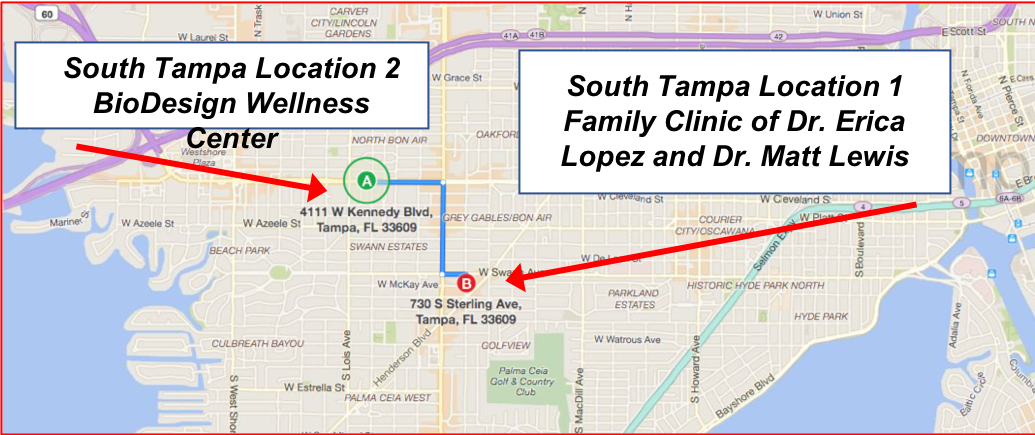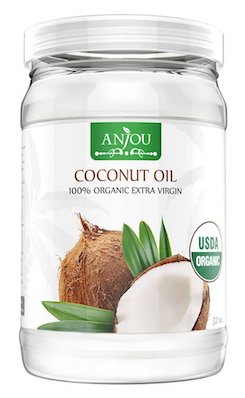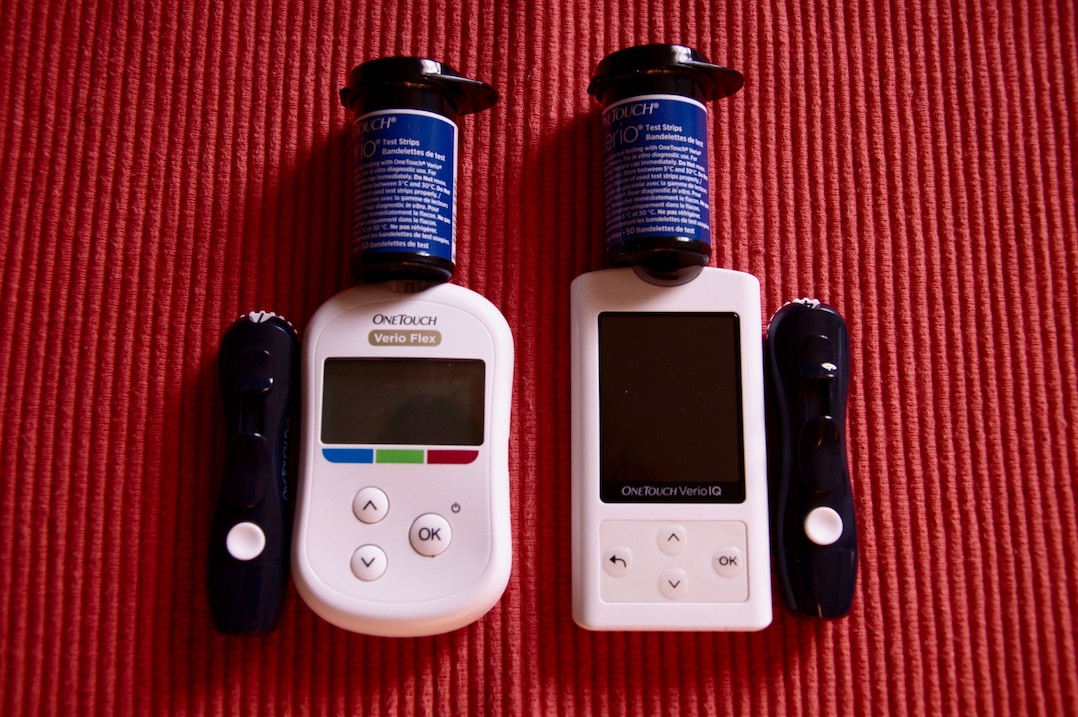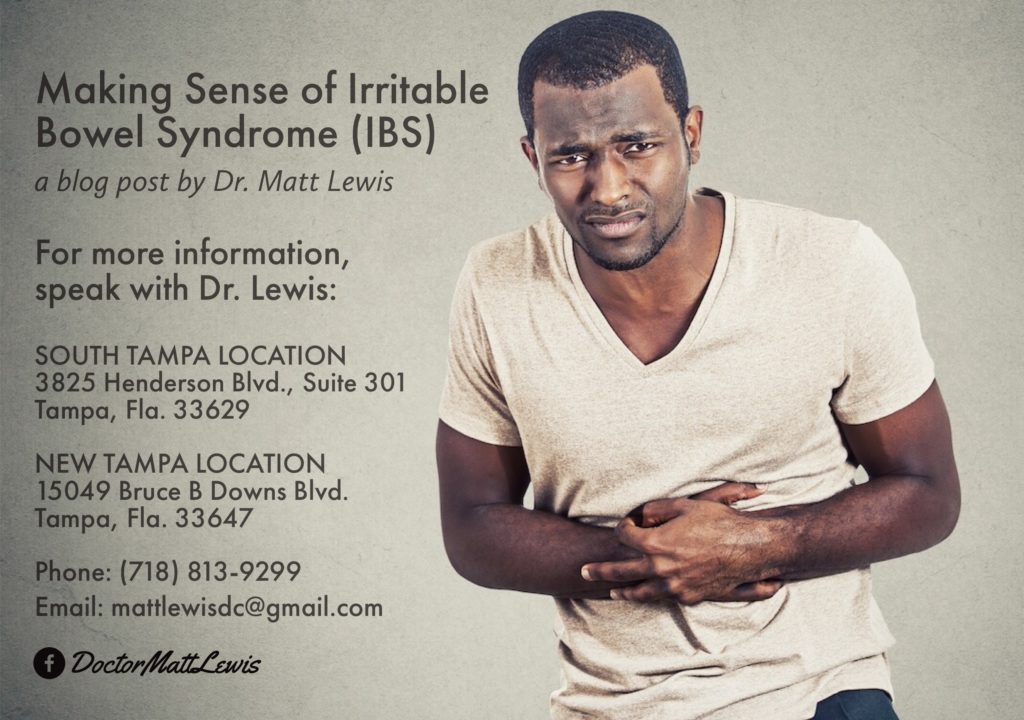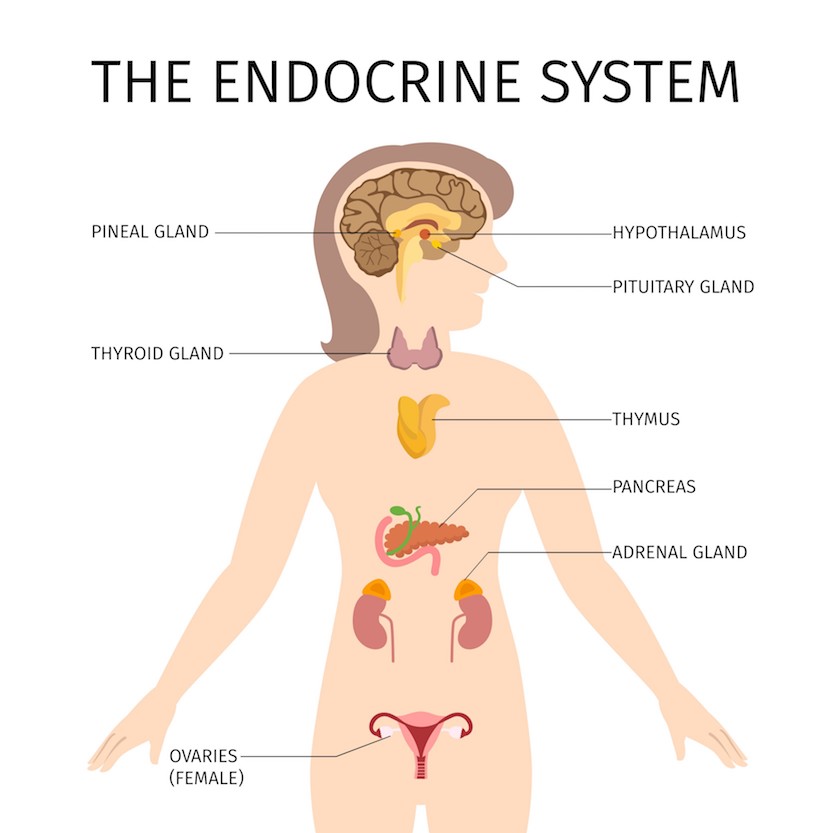Fighting the Flu in Florida Naturally
Our sunshine state has been hit particularly hard by the flu this season. As reported in Florida Flu Review published by the Florida Department of Health (January 21-27, 2018), “Flu activity was at higher levels than at the highest points in previous flu seasons,” and deaths due to pneumonia and influenza “were slightly higher than expected and are expected to increase over the coming months.”

Photo © by Kinga Cichewicz | Used with permission from Unsplash
While the Centers for Disease Control (CDC) and the Florida Department of Health (FDH) recommend everyone boost their immunity to the Influenza virus by getting a flu shot, vaccines aren’t a silver bullet. According to the CDC, the effectiveness of the flu vaccine is between 40 and 60 percent; in other words, it works about half the time. And effectiveness can vary, because each flu season vaccines are developed based on predictions of what will be the three or four most prevalent flu strains for the coming season. If you’re exposed to other strains, the vaccine will be of little or no use. In addition, viruses frequently mutate and “dodge” the silver bullet.
Also, despite claims that flu vaccines are safe, they still carry risks, not the least of which is that the virus introduces foreign substances into your body that serve as stressors. After getting a vaccine, people often report a number of symptoms, including Continue reading…


